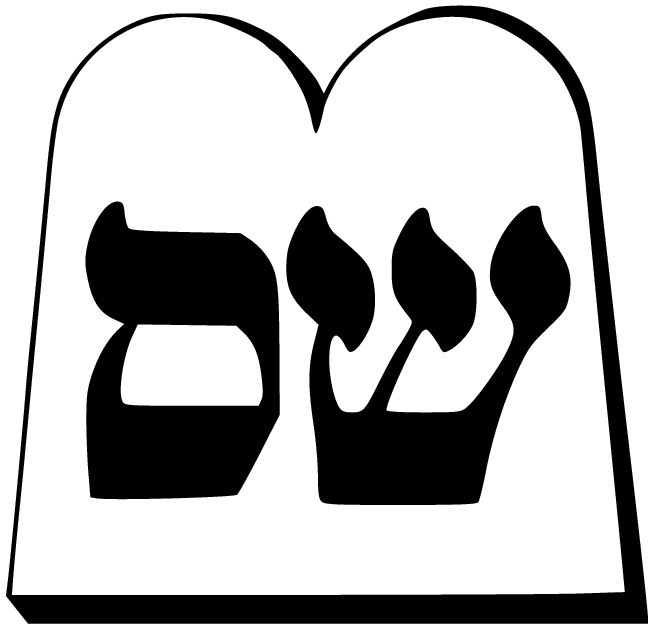Israel Political Parties: Shas
 |
Shas (Hebrew acronym for “Shomrei Sfarad,” literally meaning “Sephardi Guards” or Union of Sephardic Torah Observers) is an ultra-Orthodox political party in Israel founded by Rav Ovadiah Yosef in 1984.
With the establishment of the State of Israel in 1948, and the riots and persecutions that resulted against the Jews of Arab countries, massive numbers of Middle-Eastern Jews were brought to Israel. The Jews from these Sephardic Jewish communities did not experience movements for religious reform like the ones that arose in Western Europe or America and the main threat to their religious tradition came from the secular influences that they encountered under colonial rule, especially under French rule in Morocco, Tunisia and Algeria.
The Israeli leadership at the time, consisting largely of secular Ashkenazi Jews, often viewed the religious lifestyles of their “oriental” cousins as another manifestation of the cultural primitiveness that would have to be shed as part of their integration into a modern Western society. During these first few decades of Israeli statehood, these “oriental” Jews did not establish their own political or religious movements or institutions, and most were absorbed into the established Ashkenazic bodies. They were usually educated in the State Religious School System and the main religious political movements, the Aguddat Israel and the Mizrachi (which later evolved into the National Religious Party), had few Sephardim among their leadership.
By the mid-1970’s the ethnic divisions between Ashkenazic and Sephardic Israelis became a major social issue. In the religious sphere this led to the creation of Sephardic parallels to the mainstream religious parties. Former Sephardic Chief Rabbi Rav Ovadiah Yosef founded Shas in 1984 with its own Council of Torah Sages.
The stated purpose of the party is to “return the crown to the former glory”, and to repair what it sees as the “continued economic and social discrimination against the Sephardic population of Israel.” Focusing on the needs of Sephardic Orthodox Israelis, Shas established its own government-funded education system called El ha-Ma’ayan, which became popular in poor Sephardic towns, increasing the party’s popular support. Shas advocates a state run according to Halakha, Jewish religious law, and actively engages in the baal teshuva movement, encouraging non-Orthodox Israelis of Sephardic and Mizrahi-Jewish heritage to adopt a Haredi Jewish lifestyle. One of Shas’s demands is a compensation package for Sephardi and Mizrahi Jews who were forced to flee their home countries and leave their property behind. Shas opposes any form of public expression of homosexuality, including Gay Pride parades, especially in Jerusalem.
After Yosef declared that lives were more important than territories, Shas took a moderate position on the Israeli-Palestinian conflict. The party has since moved to the right, and opposes any freeze in Israeli settlement activity in the West Bank.
Despite holding positions at odds with more liberal Israelis, Shas has served in left-wing governments, and has sometimes compromised on religious and economic issues.
Shas participated for the first time in the 1984 elections and won four seats in the Knesset.
It made its strongest showing in the 1999 election when it unexpectedly won 17seats and, for the first time, posed a threat to the two leading parties. The result was all the more surprising because the party’s leader, Aryeh Deri, had earlier been convicted on corruption charges. He was replaced by Eli Yishai.
The party seemed to be gaining strength, but won only 11 seats in the 2003 election. In2006, it picked up one additional seat.
Following the 2009 elections, in which Shas won 11 seats, the party joined the governing coalition of Prime Minister Benjamin Netanyahu and was awarded four cabinet posts. Eli Yishai, the leader of the party, became a Deputy Prime Minister as well as Minister of Internal Affairs.
Deri returned to the party for the 2013 elections when Shas won 11 seats. Shas chose to join the opposition rather than enter the government because of disagreements with Netanyahu’s coalition partners who favored conscription of the previously exempt Haredi men into Israel’s national service and a reduction in state financial support for Haredi families.
At the end of 2014, an Israeli TV station released video footage in which Ovadia Yosef call Deri a wicked man and a thief. Deri subsequently resigned from the party and the Knesset. Deri nevertheless headed the Shas list, which won seven seats in the 2015 elections after Yishai left the party. Deri was appointed a minister in the government and remained in that position after resigning a year later from the Knesset.
Like other religious parties, Shas has at times exerted disproportionate influence because of its ability to threaten the stability of fragile governing coalitions.
In the April and September 2019 elections, the party won eight and nine seats respectively.
On July 16, 2025, the Shas party announced it would withdraw from the Israeli government following a decision by its Council of Torah Sages, citing unacceptable harm to the status of Torah scholars. However, Shas clarified it would remain part of Prime Minister Netanyahu’s coalition and was not seeking early elections. The move comes a day after fellow ultra-Orthodox party United Torah Judaism resigned from the coalition in protest of a proposed military enlistment bill they say violated prior agreements. Shas ministers formally resigned the following day, leaving Netanyahu with a minority government.
Sources: Prof. Eliezer Siegel;
Wikipedia;
Shas Official Website (Hebrew);
Haaretz, (February 5, 2015)
Sam Sokol, “Shas decides to quit government, but is not leaving coalition or pushing for elections,” Times of Israel, (July 16, 2025).


